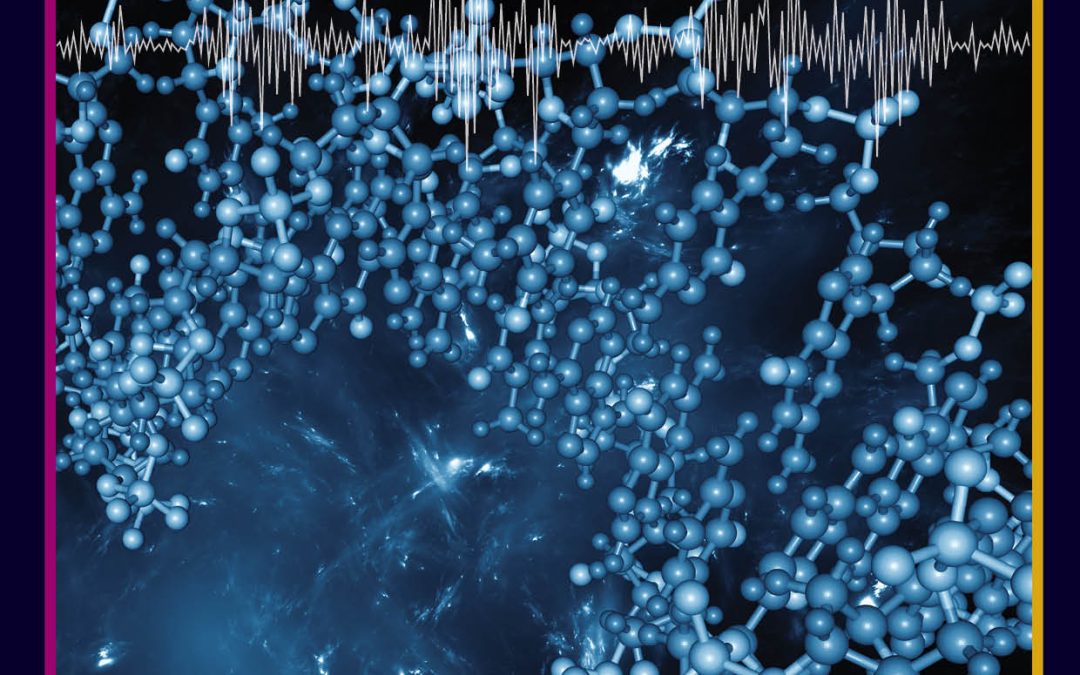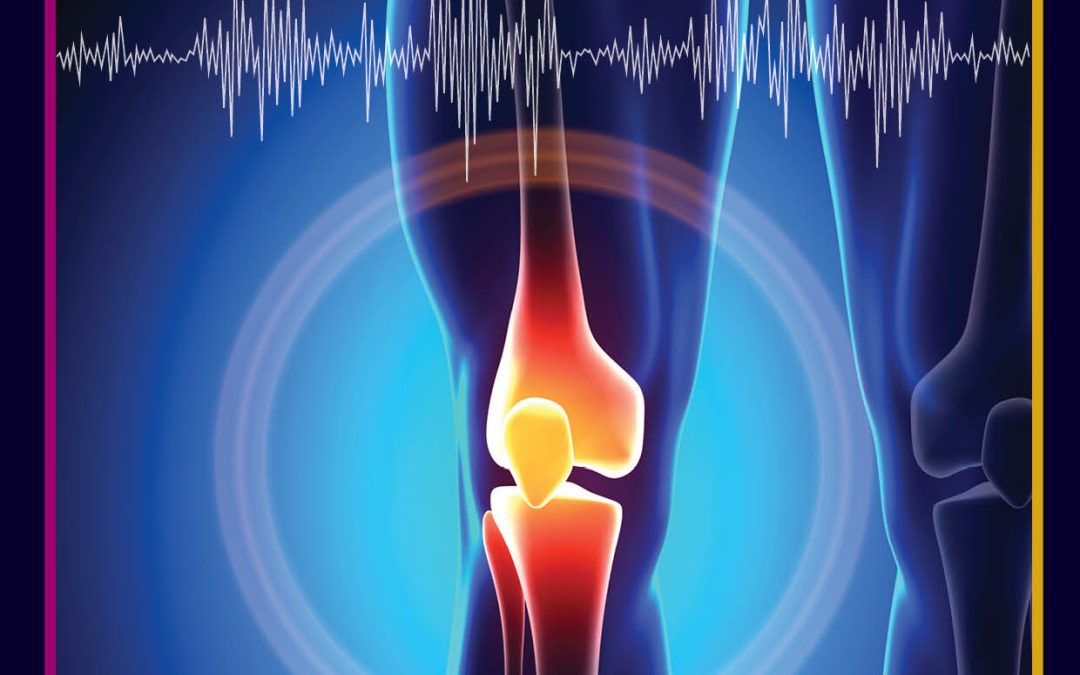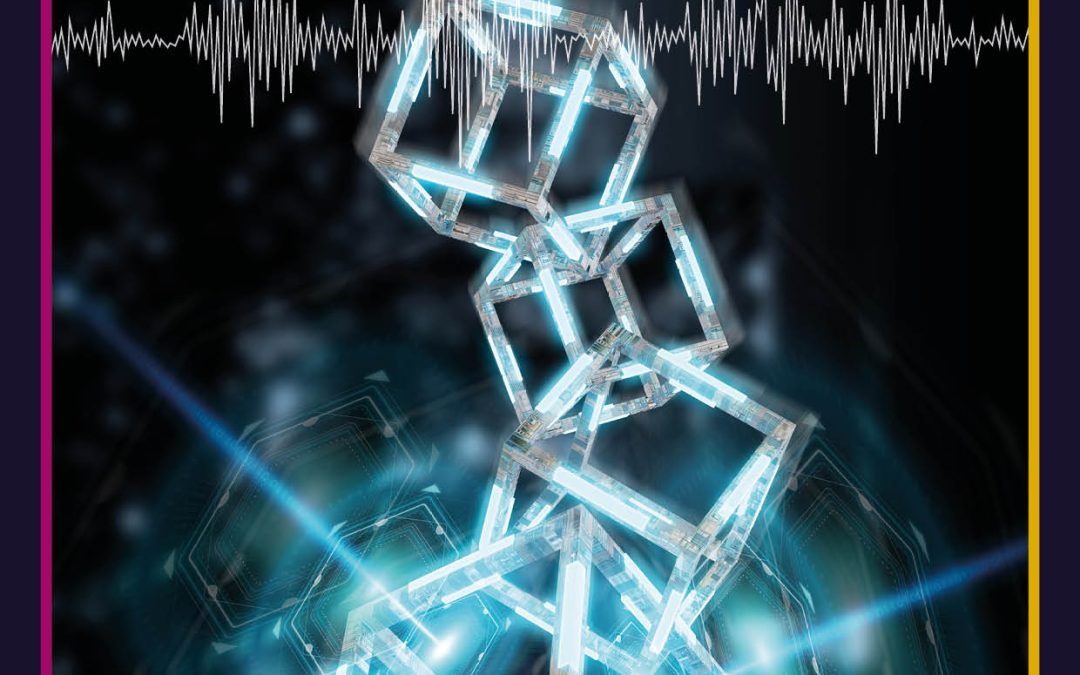
by admin | Jul 27, 2023 | engineering and tech, physical sciences
Satellites are vital to modern civilization, powering the GPS in our phones, enabling long-range communication, and giving us insights into Earth’s climate and the universe beyond. We now launch thousands of new satellites into space each year, dramatically increasing the risk of collisions. Such satellite collisions create debris that can damage more satellites. Thomas Kleinig and his colleagues are developing and testing a new approach to avoid collisions by exploiting a unique property of the thin atmosphere that satellites travel through.

by admin | Mar 13, 2023 | earth and environment, engineering and tech
Organic molecules dissolved in rivers, lakes, seas and oceans are essential to plant and animal life. Some of these molecules are also degraded and enter a complex cycle of carbon, nitrogen and sulphur containing compounds. Surprisingly, scientists currently have a limited understanding of the fate of these molecules. Dr Daisuke Minakata and his colleagues from Michigan Technological University are involved in an ambitious programme to overcome this critical knowledge gap.

by admin | Feb 1, 2023 | education & training, engineering and tech
The COVID-19 pandemic forced many universities to deliver their courses online, exposing the limitations of remote learning strategies. Dr Barrett Caldwell and his team at Purdue University devised a new approach that could help to improve online courses in different engineering subjects. The approach builds on his experience while teaching and developing the ‘Perspectives on Systems Engineering’ course, which is part of the curriculum for the Systems Engineering program at Purdue University.

by admin | Nov 23, 2022 | engineering and tech, health and medicine
Some of the greatest advances in medical history have revolved around the creation of new materials that can replace damaged tissues in the body. Today, many researchers focus on creating materials that can replace damaged bone tissue, which often cannot heal naturally. Dr Susmita Bose and her team at Washington State University have been researching ways to engineer exciting new materials that mimic the structure of natural bone, allowing us to live happier, healthier, and longer lives.

by admin | Nov 23, 2022 | engineering and tech
Software piracy is a large and growing problem. The methods used to combat it are becoming increasingly complex as technology evolves, costing software publishers and users billions of dollars each year. Dr Alan Litchfield from the Auckland University of Technology and Jeff Herbert from Cybercraft, New Zealand, have developed a new method to suppress software piracy. In a recent paper, they present ReSOLV – a method for software validation based on cryptocurrency blockchain technology.

by admin | Jul 6, 2022 | earth and environment, engineering and tech
The magnetic field that enshrouds Earth is generated by processes deep within the planet’s interior, which geologists still don’t fully understand. Among the effects that remain poorly studied are brief variations in the strength of the magnetic field, which occur over timescales of several decades. Through detailed mathematical analysis, Dr Klaudio Peqini and Professor Bejo Duka, both at the University of Tirana in Albania, explore how these variations could arise from changes in the flows of material at the boundary between Earth’s core, and its thick layer of mantle.






